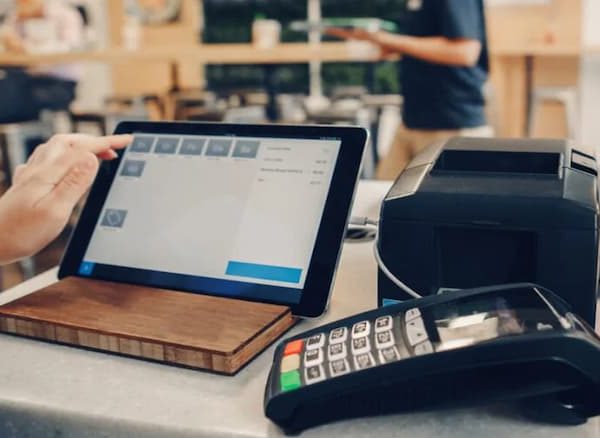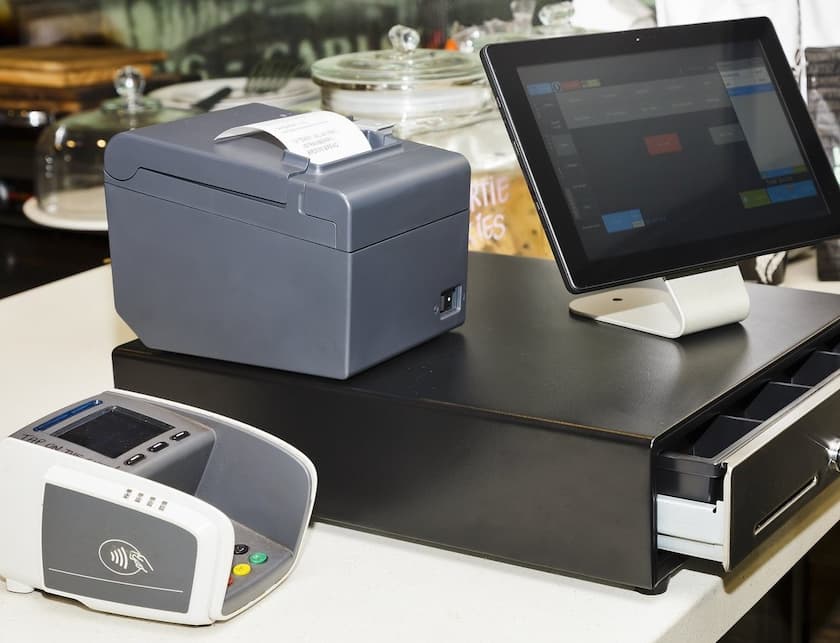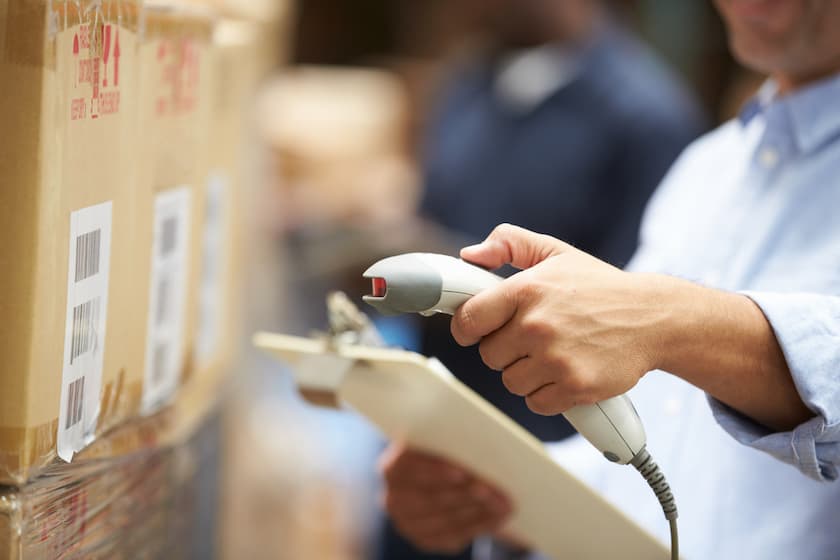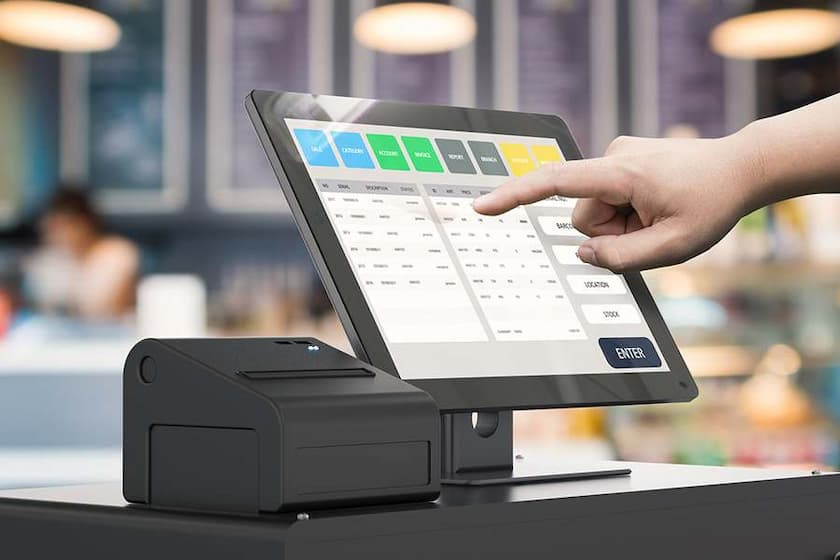21
Dec

Keeping a business afloat is a real feat, I’ll give you that. There’s plenty of planning and organising going around all while constantly trying to meet the needs of your customers. Not to mention all the mental engagement required to figure out how to set up and manage your funds. It’s safe to say that keeping your finances in check can be tricky. In any case, business owners have their work cut out for them as they try to juggle so many pieces of the puzzle at the same time.
But, and there’s a but, all of those things can be made much easier with the right equipment. Think about it this way, why should you do all of the work by yourself when you can have electronic devices keeping tabs on everything for you? It’s not surprising in the slightest that people turn to these resources to support their corporate ventures. Perhaps the single most important piece of hardware your business needs is a point of sale system. If you’re not entirely sure how to go about this concept yet, don’t fret, I’ve got you covered.
You know when you put all of your goods at the check-out in the store and the shop assistant presses a few buttons to give you the total sum you’re expected to pay? Well, that’s exactly what a point of sale system is. Most people think that it’s just a modernised version of a cash register but it’s so much more than that. In simple terms, it’s an incredibly advanced blend of electronic devices that are specifically designed to help retailers and service shops accept transactions from their customers. So basically, it’s the heart and soul of your business which is why people pay so much attention to it.

It’s important to note that not all POS equipment is the same. Depending on what type of business you’re running, you’ll need to shop for appropriate hardware that will cater to your needs. Once you figure out where your priorities lay, it’ll be much easier to set up your payment station. With that said, there are a few items that are most commonly found in every POS system and I’ll be breaking down each one for you.
This is the key item in your POS hardware because it helps cashiers easily identify the product in question. A simple scan of the label is enough to ring up all kinds of information – product information, price and stock availability. As a result, you’ll be able to manage your resources more efficiently and drastically speed up the check-out process. This means that you’ll be able to sell more goods in a fraction of the time.
How can you benefit from barcode scanners? While they’re generally not a new concept since they’ve been around for quite a while, there’ve undergone a few major tweaks in recent years. Normally, when you think of barcode scanners, your mind immediately goes to a small device that’s connected directly to the cash register. But what happens when you need to scan larger items that can’t be transported easily? Are you supposed to bring them in every time you’re about to make a sale? Sounds like too much of a nuisance. This is why compact cordless barcode scanners have truly revolutionised the market.
Essentially, they’re connected to the sales software through a secure Bluetooth connection. This, in turn, allows you to scan products that aren’t easily accessible. You no longer have to carry each item to your point of sale station to scan the label – all you have to do is walk to where it’s stored, use your cordless barcode scanner to get all the information you need and go about your day as usual.

You probably wouldn’t be able to notice a difference in terms of design between cordless barcode scanners and regular models but you’ll notice how they’ll help you grow your business. It’s all about working smarter, not harder.
A cash register is the core of your point of sale system. It’s supposed to help you calculate and process orders to provide the best service possible to your clients. Cash drawers are normally found in smaller businesses that take part in smaller transactions. Most of them have a modern and practical design that doesn’t take up too much space on the counter. This makes them incredibly easy to navigate.

Seeing as credit or debit cards are the preferred payment option for many people these days, you should have a terminal installed to cater to their needs. This becomes even more important if you consider the fact that experts believe that by 2025 all transactions will be cashless. You definitely wouldn’t want to stay behind on trends because that can be a deterrent for potential customers.

Once the transaction has been completed, you’re required to give your client a record of their payment. To do this, you’ll have to install a printer that will generate a relevant receipt for both sides of the transaction. This will make accounting much easier for you and it’ll serve as reassurance for customers that aren’t satisfied with the purchased item.